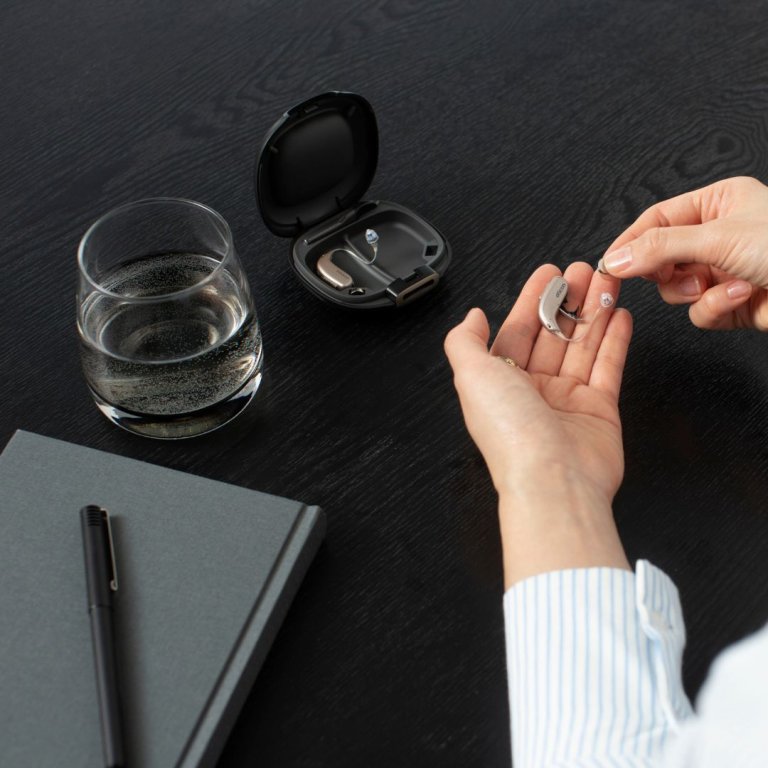Tinnitus can’t exactly be treated or cured. But since it’s common for stress to make tinnitus worse, learning to manage the stress can help.

Tinnitus can’t exactly be treated or cured. But since it’s common for stress to make tinnitus worse, learning to manage the stress can help.
Tinnitus is often thought of as ringing in your ears. But tinnitus symptoms can actually include any kind of noise that has no external source. It can present as buzzing, whooshing, ringing, hissing, whistling or other types of noises. It can vary in volume and is unique to every person.
While tinnitus is still something of a question mark – with no true ‘cure’ – one in three people will get it in their lives, according to Tinnitus UK. And for one in seven, the tinnitus can become permanent.
Causes of tinnitus include:
Sometimes tinnitus will just go away by itself. Especially if the tinnitus causes are from another health problem that then clears up – like an ear infection or cold. But if you do have permanent tinnitus, try not to worry. There are plenty of ways to manage it and continue to live a comfortable life.
Is tinnitus caused by stress…While there’s a proven link between stress and tinnitus, those with high stress levels generally find their tinnitus harder to deal with. It’s unclear whether stress can actually cause tinnitus or is just a contributing factor. |
… or is stress caused by tinnitus?Looking at it from a different angle, having tinnitus can itself be very stressful. There are ways to manage tinnitus and the stress caused by it – from cognitive behavioural therapy to hearing aids. |
Currently, there is unfortunately no tinnitus cure. But there are tinnitus treatments available which can reduce the impact of both tinnitus and stress.


If you’re stressed about tinnitus, our friendly audiologists are here to help. At your appointment, we will be able to discuss tinnitus and stress management techniques with you, and help you get back to enjoying life as usual.
Book an appointment online or over the phone on 0800 52 00 546 to see a tinnitus expert at your local The Hearing Care Partnership practice.